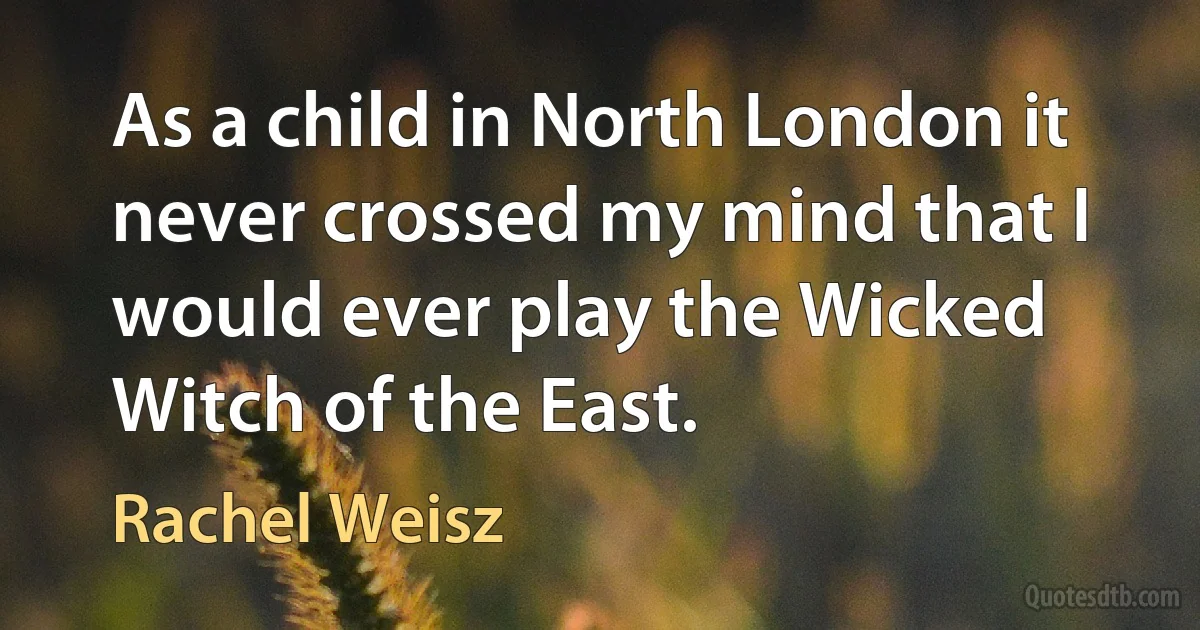London Quotes - page 9
It is bad because it is a negation of democracy ... Worst of all is the imposition by parliamentary diktat of a change of responsible party in London government. There cannot be any justification for that. It immediately lays the Conservative Party open to the charge of the greatest gerrymandering in the last 150 years of British history.

Edward Heath
The most striking of all the impressions I have formed since I left London a month ago is of the strength of this African national consciousness. In different places it may take different forms but it is happening everywhere. The wind of change is blowing through this continent. Whether we like it or not, this growth of national consciousness is a political fact. We must all accept it as a fact. Our national policies must take account of it. This means, I would judge, that we must come to terms with it. I sincerely believe that if we cannot do so we may imperil the precarious balance between East and West on which the peace of the world depends.

Harold Macmillan
Supposing I'm now 21, 22, what would I do? I would not be absorbed in wanting to change life in Singapore. I'm not responsible for Singapore...Why should I go and undertake this job and spend my whole life pushing this for a lot of people for whom nothing is good enough? I will have a fall-back position, which many are doing - have a house in Perth or Vancouver or Sydney, or an apartment in London, in case I need some place suddenly, and think about whether I go on to America.

Lee Kuan Yew
I will do all I can to win a medal [2012 Olympics]. To see the National flag go up while standing on the podium is the proudest moment in an athlete's life and I will want to experience that for myself in London. Please just keep praying for the entire Indian contingent. We have a really good chance of doing well at these Games and it will provide a huge fillip to Indian Olympic sport if we are all able to perform to potential.

Sania Mirza
I don't have many strong dislikes. I admit that as a teacher-I have no racial prejudices in general-but there were certain types, and conspicuous among them the Near Eastern populations, which I still dislike because they are fundamentally dishonest. And I must say dishonesty is a thing I intensely dislike. It was a type which, in my childhood in Austria, was described as Levantine, typical of the people of the eastern Mediterranean. But I encountered it later, and I have a profound dislike for the typical Indian students at the London School of Economics, which I admit are all one type-Bengali moneylender sons. They are to me a detestable type, I admit, but not with any racial feeling. I have found a little of the same amongst the Egyptians -basically a lack of honesty in them. If I advise speaking about honesty, I think honesty is really the best expression of what I call the morals of a civilized society. Primitive man lacks a conception of honesty.

Friedrich Hayek
I have just concluded my series of paintings, I look at them constantly. I who made them often find them horrible. I understand them only at rare moments, when I have forgotten all about them, on days when I feel kindly disposed and indulgent to their poor maker. Sometimes I am horribly afraid to turn round canvases which I have piled against the wall; I am constantly afraid of finding monsters where I believed there were precious gems !.. .Thus it does not astonish me that the critics in London relegate me to the lowest rank. Alas! I fear that they are only too justified! - However, at times I come across works of mine which are soundly done and really in my style, and at such moments I find great solace. But no more of that. Painting, art in general, enchants me. It is my life. What else matters?

Camille Pissarro
This Mr. Dewhurst has not understood the Impressionist movement in the very least. All he sees in it is a technical method... He also says that before going to London we knew nothing whatsoever about light; but we have studies that prove the contrary. He omits the influence of Claude Lorrain, Corot, all the 18th-century painters, Chardin most of all. But what he fails to realize is that while Turner and Constable were of service to us, they confirmed our suspicion that those painters had not understood 'The Analysis of Shadows', which in the case of Turner are always a deliberate effect, a plain dark patch. As to the division of tones, Turner confirmed us its value as a method, but not as a means of accuracy or truth to nature. In any case, the 18th century was our tradition. It seems to me that Turner too, had looked at Claude Lorrain. I am even inclined to think there is a picture by Turner, 'Sunset', hung side by side with a Claude.

Camille Pissarro
There have been two or three meetings held in the City of London... attended by the same class of people, but not ending up with a resolution promising to pay. On the contrary, we are spending the money, but they won't pay. What has happened since to alter their tone? Simply that we have sent in the bill. We started our four Dreadnoughts. They cost eight millions of money. We promised them four more; they cost another eight millions. Somebody has got to pay, and then these gentlemen say: "Perfectly true; somebody has got to pay, but we would rather that somebody were somebody else". We started building; we wanted money to pay for the building; so we sent the hat round. We sent it round amongst workmen, and the miners and weavers of Derbyshire and Yorkshire, and the Scotchmen of Dumfries, who, like all their countrymen, know the value of money, they all dropped in their coppers. We went round Belgravia, and there has been such a howl ever since that it has well-nigh deafened us.

David Lloyd George
In the United Kingdom, for example, the sheer overwhelming dominance of London makes it extremely for provincial cities to develop more than a very restricted financial function. London, in that sense, is akin to the notorious upas tree, a fabulous Javanese tree so poisonous that it destroys all life for many miles around itself.

Peter Dicken
As a kid who wasn't into sports, at school I felt almost alienated at times, whereas in the theatre community there was this amazing sense of camaraderie. Early on, we would go to rehearsals with my dad and I was like the mascot for the backstage crew. That was a big part of my childhood, so I dreamed of one day doing a play in London.

Zach Braff


![When the Surrealist exhibition [in London, 1936] was held Barbara [Hepworth] was by then married to [the sculptor] w:Ben Nicholson, they were strongly against it [against Surrealism ], though I felt, and feel, that there needn't be the sort of division in art that sprang up then. And Ben had also been much influenced by Mondrian. He was devoted to abstract art and she became much more interested in the abstract form. But for me, the essence of sculpture has always been the human figure. Still, of course, one kept in touch and one met and one's paths crossed. (Henry Moore)](https://cdn.quotesdtb.com/img/quotes_images_webp/81/henry-moore-abstract-art-484081.webp)
